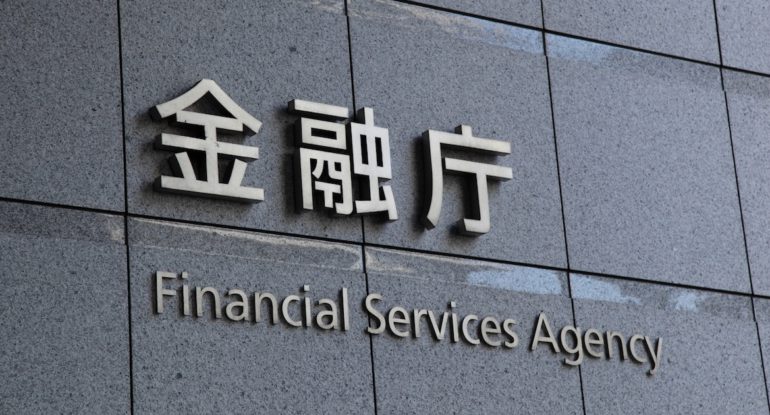Japan’s Regulator FSA Launches Blockchain Governance Initiative Network

The Financial Services Agency (FSA), Japan’s premier regulator for securities, banking, and insurance, has declared the Blockchain Governance Initiative Network (BGIN) as a method of collecting stakeholders so they can expand their knowledge of the technology and execute it sustainably, as reported by Finextra, March 11, 2020.
New Blockchain Forum in Japan
Some corporations have been reluctant to take the first step towards cryptocurrency and blockchain adoption, due to a lack of clarity about their legality. So a regulator developed initiative carries a lot of pressure towards the legitimacy of blockchain in Japan.
The BGIN will act as a platform for stakeholders to assert their concerns and converse to achieve sustainable solutions for implementing blockchain. It will be a neutral venue for businesses looking to utilize the blockchain to gain a more precise understanding of the technology – its strengths and drawbacks alike.
Furthermore, the BGIN will help implement blockchain academics with a solid base for introducing research in an open-source style forum.
Sovereign Blockchain Adoption
Countries across the world have a positive outlook on the blockchain; the same cannot be stated about public ledger cryptocurrencies. Notwithstanding their ignorance concerning cryptocurrencies like Bitcoin, they recognize the value of a trustless base layer.
Notwithstanding this, most central banks and governments are more excited in permissioned ledgers. This is because it enables them to block a majority of the world out of their network while building a trustless environment among a few parties.
Governments and corporate entities are on the same side in this context. Both are concentrated on permissioned ledgers over their permissionless counterparts.
Identically, governments don’t appear to be interested in issuing currency over a blockchain. Digital currencies such as China’s DCEP embody the innovation of digital currency without utilizing a distributed ledger as the base. The ECB’s research project, EuroChain, is an illustration of digital currency that is being tested over a permissioned blockchain.
Considering all of this, when companies and governments talk of blockchain, they are most possibly indicating to permissioned chains as they do not desire the authority to drop over from their hands into the public. Japan’s blockchain initiative will suitably support permissioned chains.
Add a comment
You must be logged in to post a comment.




























































